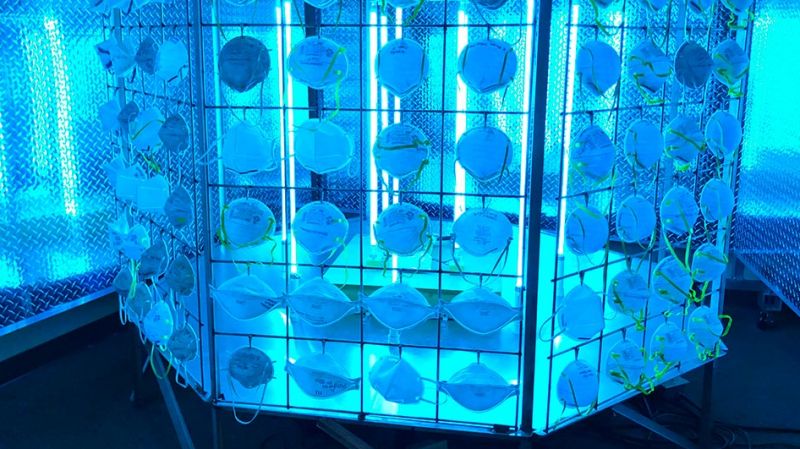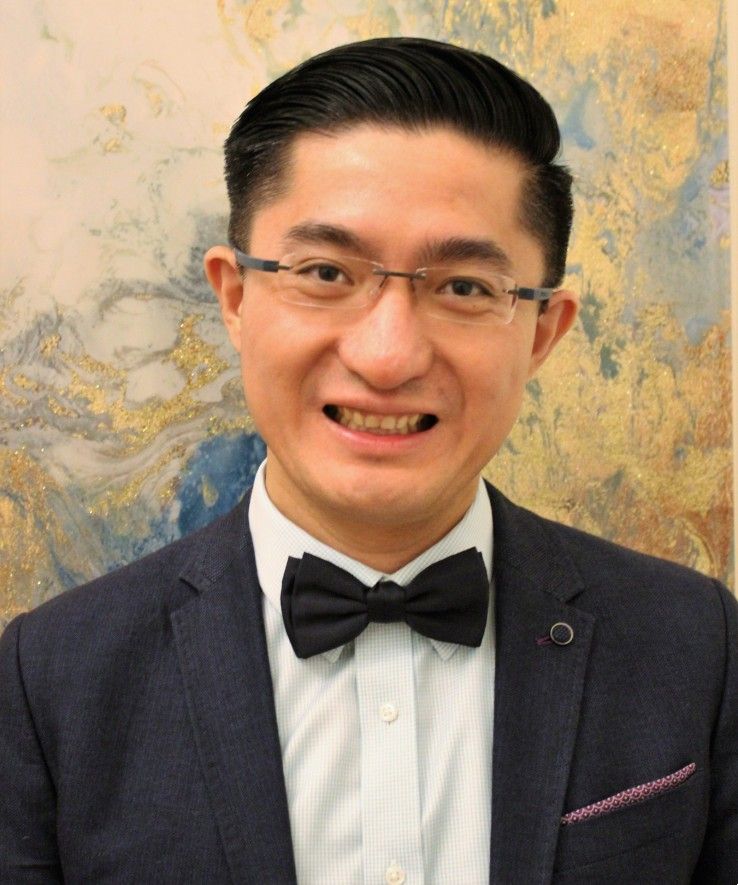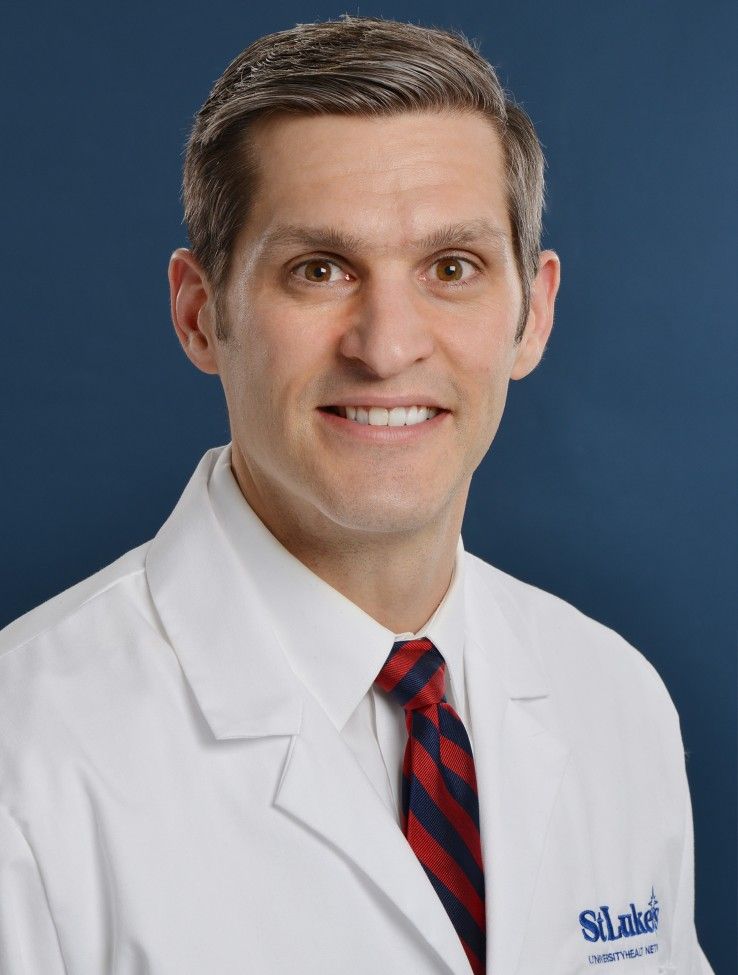Right around the time in mid-March when Lehigh University moved to remote learning and researchers began to shut down on-campus labs, Nelson Tansu, the Daniel E. '39 and Patricia M. Smith Endowed Chair Professor in the Department of Electrical and Computer Engineering (ECE), received an email from Dr. Christopher Roscher, an anesthesiologist at St. Luke’s University Health Network.
Roscher knew that a shortage of N95 masks would place at even higher risk the doctors and nurses treating COVID-19 patients. As St. Luke’s worked to increase its supply of essential personal protective equipment (PPE), the hospital needed a safe and effective way to extend the use of its existing supply. Roscher had been conducting personal research about the use of UV light for decontamination and discovered peer-reviewed literature in medical journals which suggested that, in a pandemic situation, using UV light could be a reasonable alternative if more masks were not available. He asked Tansu, who is also the director of Lehigh’s Center for Photonics and Nanoelectronics (CPN) and a Fellow of the U.S. National Academy of Inventors (NAI), if he thought a Lehigh team could help.

The device's targeted capacity is approx. 3000 N95 masks per day (200 masks/exposure), but St. Luke’s can scale up to 10,000 masks/day if necessary. Photo: St. Luke's University Health Network
“St. Luke’s, like many other hospitals, is trying to conserve what we have,” says Roscher. “We approached this idea understanding that in an ideal world we would have a new mask for everybody who needed one, but the reality of the situation is that we need to conserve.”
Tansu’s response to that initial email was swift: Yes, he thought it could be done. That night, he and his colleagues discussed a potential plan with Roscher. The next day, he gathered an enthusiastic team of volunteers—staff members and students from the CPN and Lehigh’s ECE department, all practicing social distancing in their own homes.
“If we are on board, then we can transform this idea into reality,” Tansu told them. “Together with the team of doctors, we have to figure out a solution that we can build in our garages.”
And that’s what they did. Through an innovative collaboration via Zoom meetings, phone calls, and hundreds of emails and text messages, Tansu, Roscher and their team designed, completed the engineering fabrication of, and installed the device in 2.5 weeks—without ever stepping foot on Lehigh’s campus or meeting face to face.
The high-throughput UV sterilization system, now in use at St. Luke’s, can decontaminate 200 N95 masks every eight minutes. The system, formally named the “High-Throughput Symmetrical and Non-Shadowing Ultraviolet Sterilization System,” but which the team at St. Luke’s has nicknamed the “Bug Zapper” due to its resemblance to the insect-killing device used by homeowners in buggy backyards, “zaps” the masks with UV-C light. This specific range of ultraviolet light can cause changes in the DNA and RNA of viruses and other pathogens, including the coronavirus, effectively deactivating them. The team has filed two patent applications associated with the new invention.
Read the full story in the Lehigh University News Center
Story by Kelly Hochbein
Media Coverage:
Department/Program:


